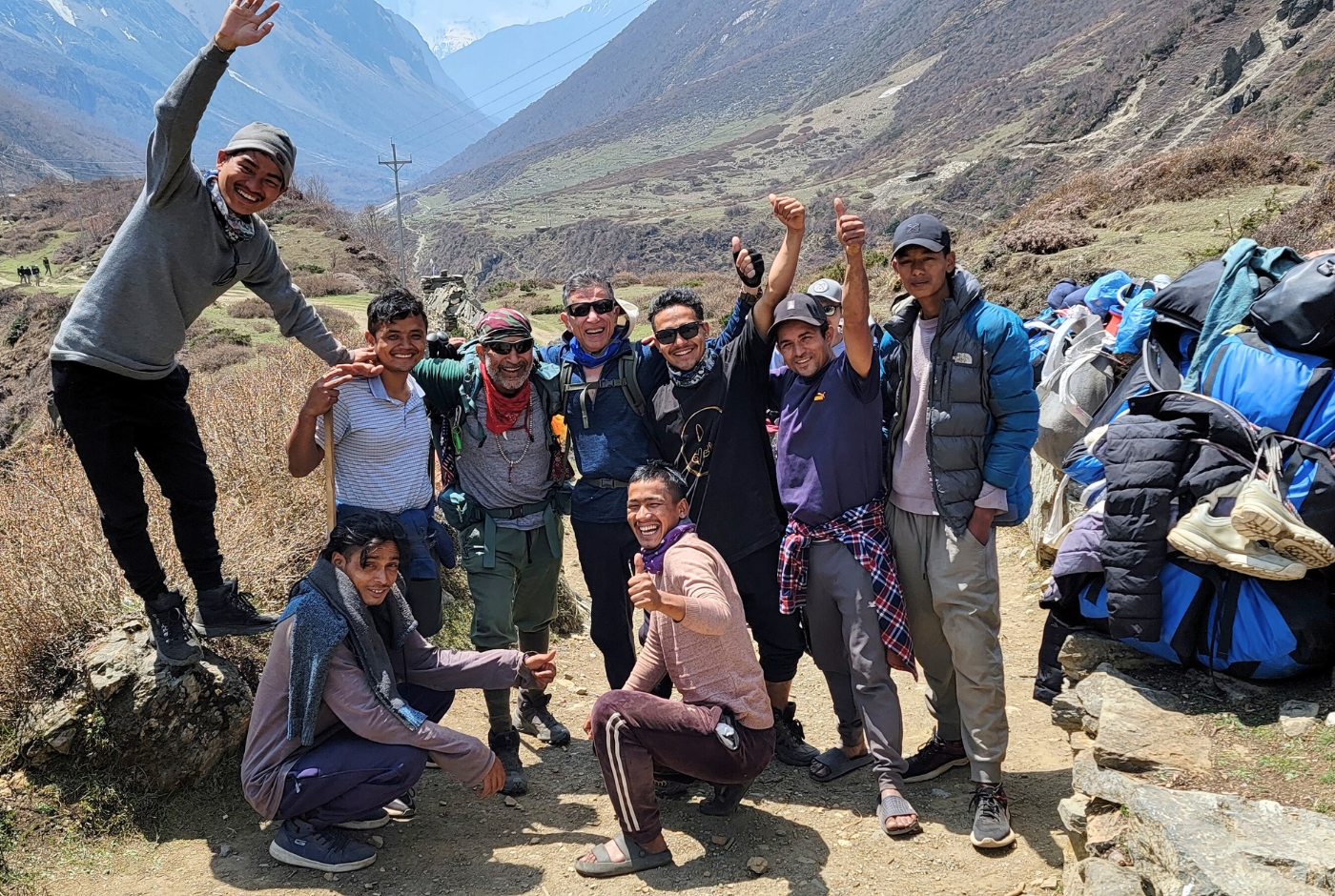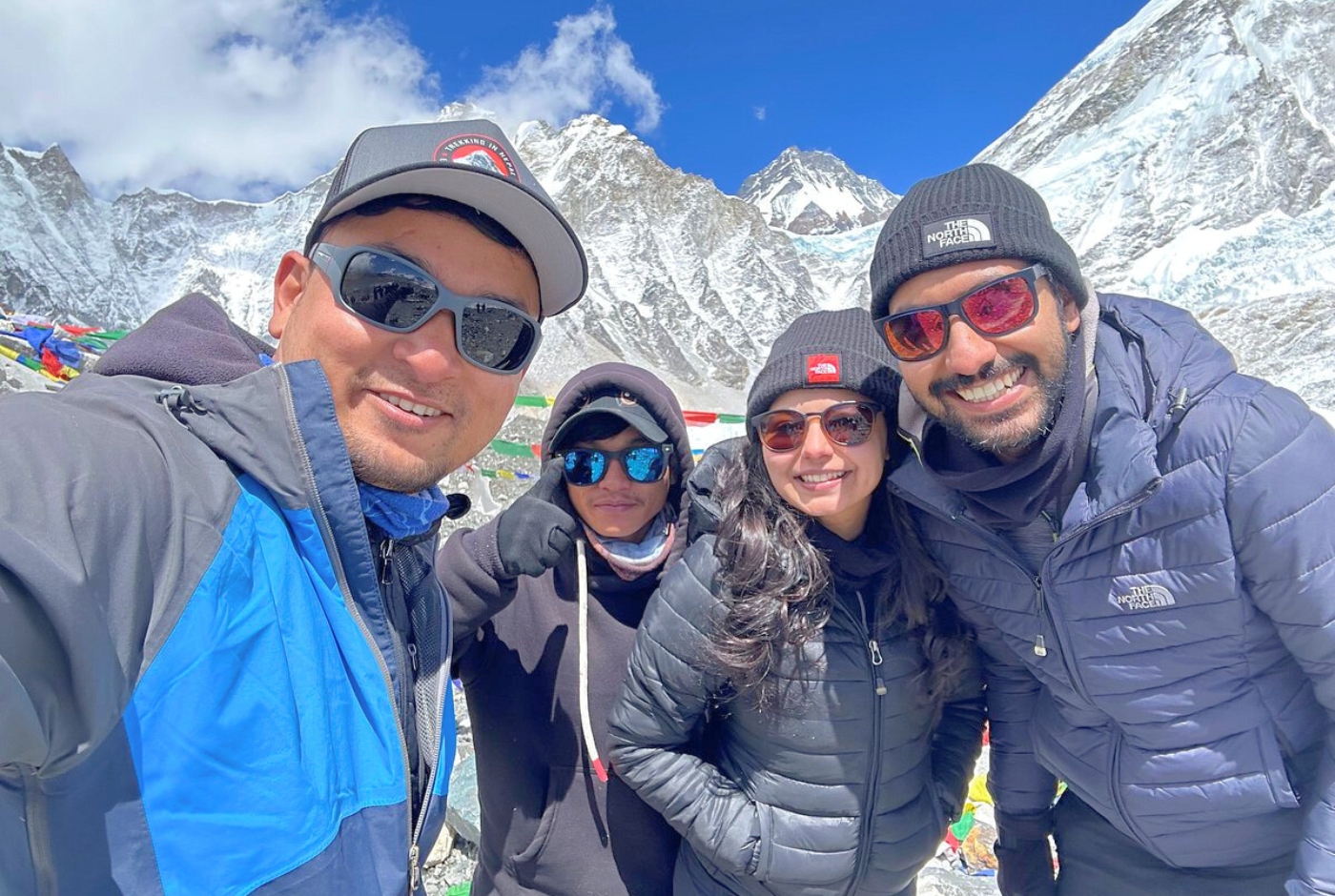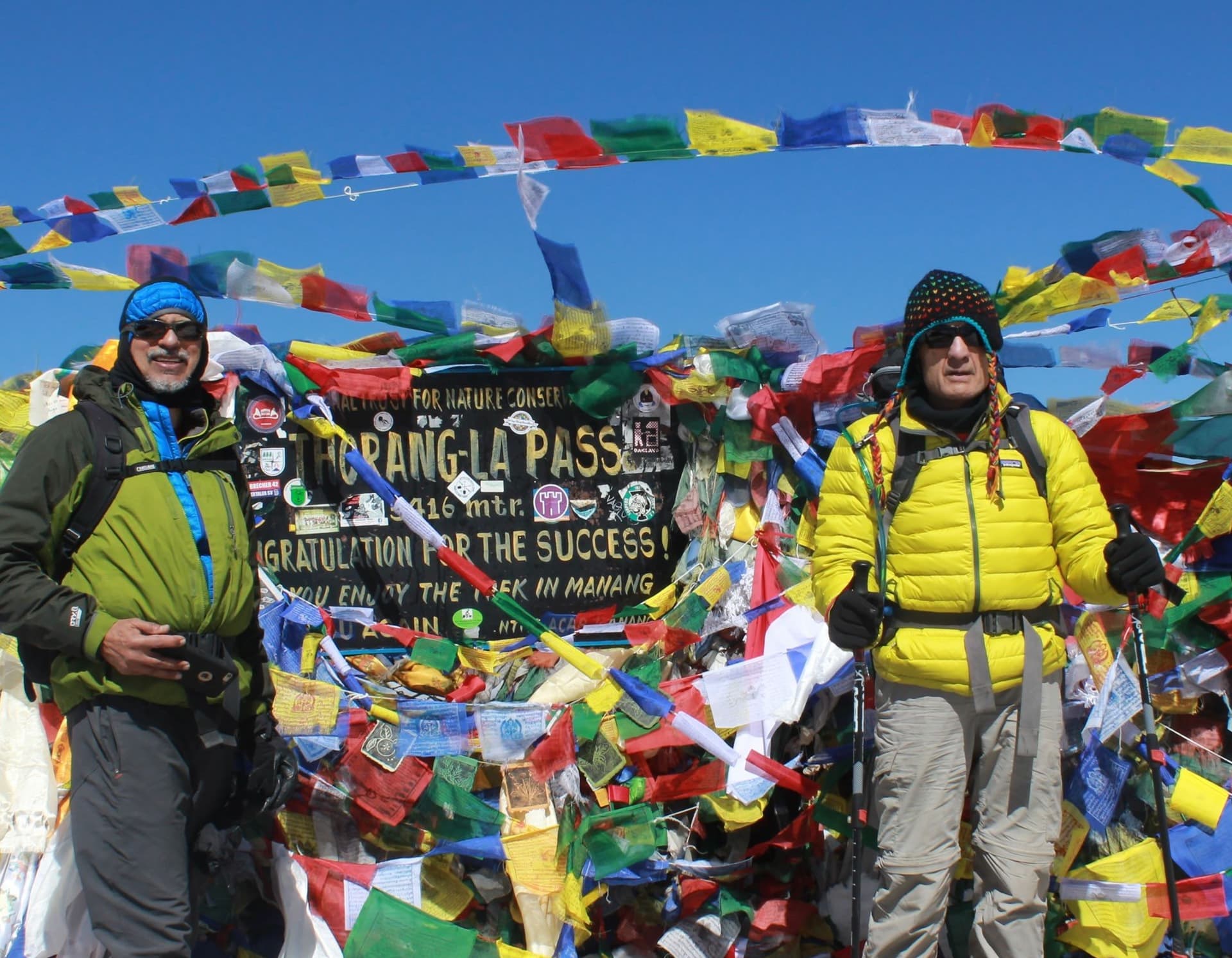Trekking in Nepal is an extraordinary adventure, offering breathtaking landscapes, cultural richness, and a deep connection with the Himalayas. While some trekkers prefer to explore independently, we strongly recommend hiring a guide and porter to ensure safety, comfort, and an enriching experience. Navigating Nepal’s rugged trails, managing logistics, and handling unexpected challenges can be demanding, and having experienced support makes all the difference.
Can You Trek in Nepal Without a Guide?
Yes, trekking alone in Nepal is possible, but it comes with significant risks. Many trails, particularly in remote areas, lack proper signage and can be confusing, increasing the likelihood of getting lost. The high-altitude terrain presents unpredictable weather conditions, and trekkers without proper acclimatization knowledge may struggle with altitude sickness. Additionally, solo trekkers miss out on the invaluable cultural and historical insights that a guide provides. For these reasons, going unguided is not advisable, especially for those unfamiliar with Nepal’s trekking regions.

The Importance of Hiring a Guide and Porter
Enhancing Safety and Trekking Experience
A professional guide is more than just a navigator; they are your lifeline in the mountains. They ensure you stay on the correct trail, manage altitude-related challenges, and respond effectively to emergencies. In addition to handling permits and logistics, they provide an in-depth understanding of the region’s history, culture, and traditions, enriching your overall journey. Without a guide, trekkers often overlook hidden gems along the route, missing opportunities to connect with local communities.
Reducing Physical Strain and Preventing Injuries
Trekking in Nepal involves long, strenuous hikes through high-altitude terrain, where carrying a heavy backpack can be exhausting. Porters play a crucial role by carrying up to 25kg of luggage, allowing trekkers to move freely without excessive strain. Many assume they can manage their own baggage, but at elevations of 4,000m to 5,000m and beyond, even the fittest individuals feel the physical toll. A porter significantly reduces the risk of fatigue and injuries, ensuring that trekkers can fully enjoy the experience.
Supporting Local Communities and Responsible Tourism
Hiring local guides and porters directly contributes to Nepal’s economy and sustains livelihoods in remote regions. Many porters and guides rely on trekking as their primary source of income, supporting their families and furthering their education. In many cases, porters progress to become guides through experience and training. Choosing to hire them is not just about personal comfort; it is an ethical decision that positively impacts Nepal’s tourism industry and local communities.

Why a Guide and Porter Are Both Necessary
The Role of a Guide
A guide is a trained professional responsible for leading the trek, ensuring safety, managing logistics, and offering cultural insights. They are fluent in English and local dialects, allowing for meaningful interactions with communities along the trail. In addition to navigating the route, they arrange accommodations, ensure food is hygienically prepared, and handle permits. Their expertise is especially valuable when dealing with unexpected situations such as flight delays, weather disruptions, or health emergencies.
The Role of a Porter
A porter is essential for carrying the weight of trekking gear and personal belongings, making the journey less physically demanding for trekkers. Unlike guides, porters do not necessarily speak English, but they are familiar with the trekking routes and play an integral role in ensuring smooth travel. Many trekkers are hesitant about hiring porters, but their contribution is invaluable, as they allow travelers to enjoy the landscapes without excessive physical strain.
Why Both Are Needed for a Well-Managed Trek
Some trekkers believe that hiring a guide alone is sufficient. However, a guide’s primary responsibility is navigation, logistics, and safety—not carrying loads. Having both a guide and a porter ensures a well-balanced and smooth trekking experience, where the guide leads and manages the trip, while the porter takes care of the baggage, allowing trekkers to focus on the journey itself.
Common Misconceptions About Hiring a Porter
Some trekkers hesitate to hire a porter, thinking they can manage their gear on their own. While this may be possible for short, low-altitude treks, carrying a heavy load at high altitudes significantly affects endurance and overall well-being. Others feel uncomfortable having someone else carry their belongings, but it is important to recognize that portering is a skilled profession that provides financial stability for many Nepali families. The role of a porter should be viewed as a valued service, not an obligation.
Logistical Support and Emergency Preparedness
A major advantage of booking a trek through a reputable agency is the additional logistical support they provide. Trekking agencies ensure that guides and porters have proper insurance, first-aid training, and emergency response skills. In case of altitude sickness, injuries, or sudden weather changes, a professional team can quickly arrange helicopter evacuations, medical assistance, or alternative travel plans. Independent trekkers often face difficulties handling such situations, whereas guided treks provide a layer of security and peace of mind.
Final Thoughts: Why Hiring a Guide and Porter is the Best Choice
While trekking alone may seem adventurous, the risks and challenges outweigh the benefits. A guide enhances the journey by providing expertise, cultural insights, and logistical support, while a porter ensures trekkers can focus on the experience without excessive physical burden. Additionally, choosing to hire local professionals supports Nepal’s trekking industry and contributes to sustainable tourism.
For those visiting Nepal for the first time, the focus should be on soaking in the breathtaking scenery, embracing the local culture, and making unforgettable memories—not struggling with logistics and physical exhaustion. Hiring a guide and porter guarantees a safe, enjoyable, and meaningful trek through the Himalayas.



